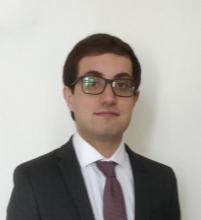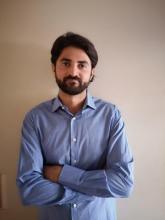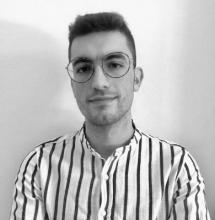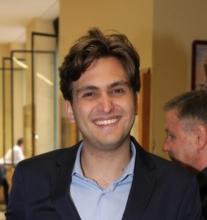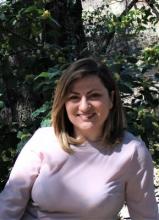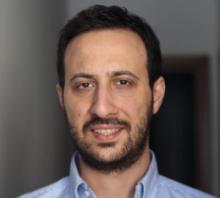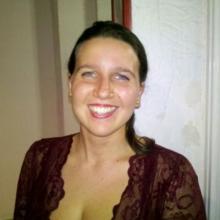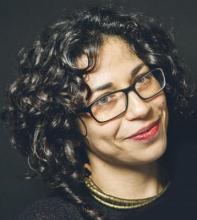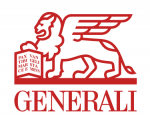Pepe Gilda
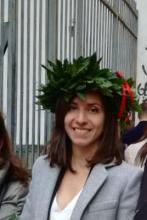
After earning professional experience working in graphic designing, I decided to study European Languages and Literatures at the university of Naples “L’Orientale”, graduating in 2017 with my bachelor’s degree.
Attracted by the world of linguistic research I then moved to Bologna to further my studies. In 2020 I concluded a master's degree in Linguistics with a thesis in Computational Linguistics.
The interest for the multiple possibilities and applications of the subject opened up by a computational approach to linguistics pushed me to collaborate on the project “Italian FrameNet” and to make my master thesis about it. Once I completed my job on the project, I made up my mind to apply to the Master in Big Data Analytics & Social Mining in order to learn notions of computer science useful to the processing of linguistic data.

